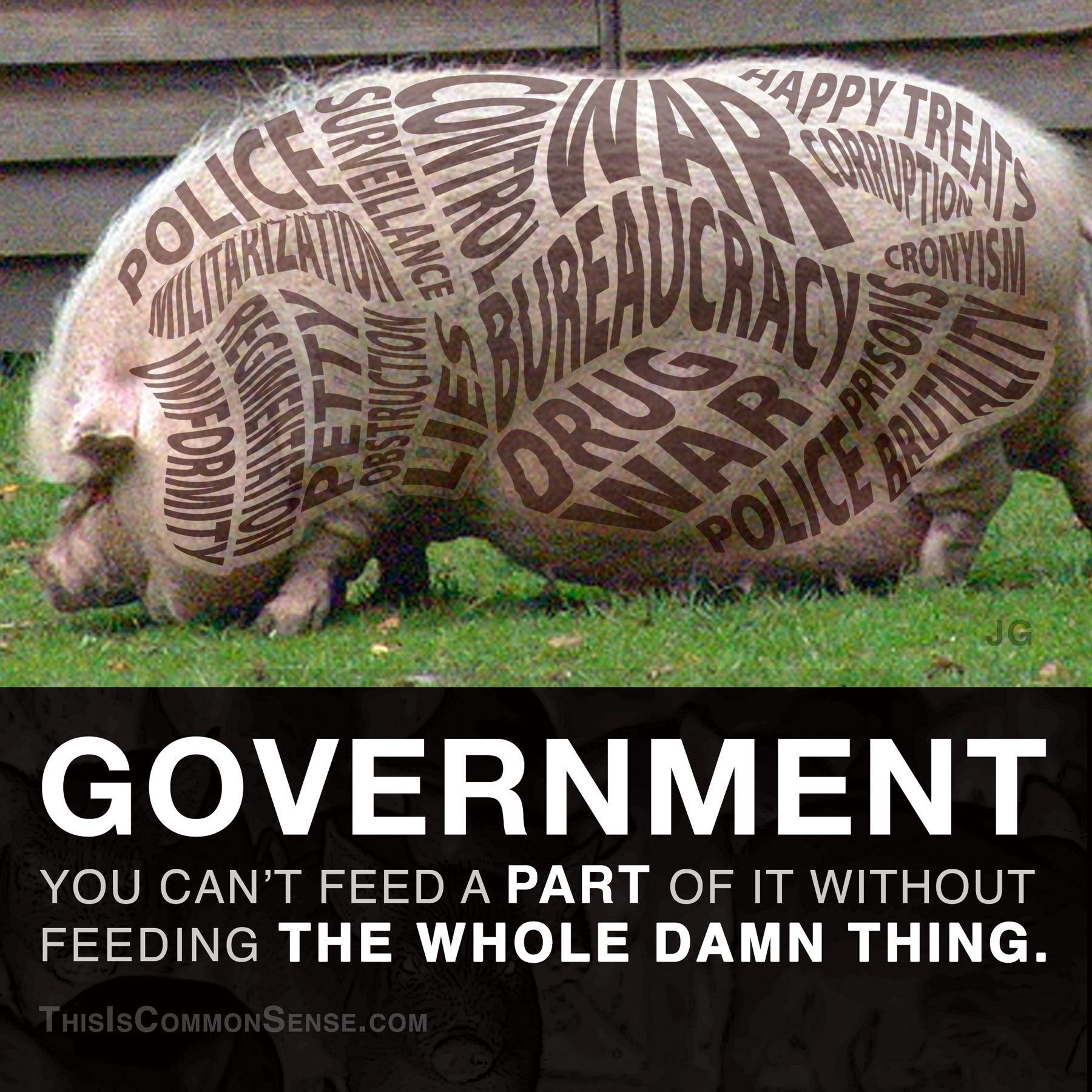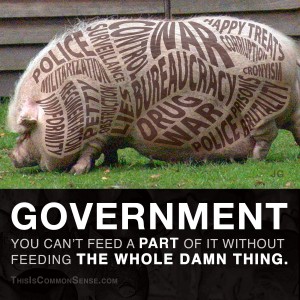As of this week, there are two heads of the Consumer Financial Protection Bureau.
Two claimants to the throne, so to speak.
The bureau’s previous director, Richard Cordray, resigned last week, and as he left he appointed a deputy director, Leandra English. Ms. English sent out a nice Thanksgiving email, billing herself as “Acting Director.”
Meanwhile, in advance of Cordray’s exit, President Trump appointed Mick Mulvaney to fill the role. Mulvaney showed up at work yesterday and took possession of the director’s office. He ordered a hiring freeze … and brought donuts.
It gets juicier. English has filed suit against the president and his appointee, claiming to be, herself, the directorship’s rightful heir. She cites the enabling legislation, which allowed for deputization by the director. And she cites her commitment to the agency’s mission, of which Mulvaney and Trump have none.
Republicans generally regard the agency as having gone rogue.
And the squabble over the directorship sure seems to validate that charge.
The legality? Presumably, the legislation that established the agency — which deliberately insulated the CFPB from oversight by funding it from the Federal Reserve — does not void an established law, the Vacancies Act, which does allows the president to fill vacated posts.
Sen. Elizabeth Warren has taken up English’s side in the dispute, because she believes in the agency’s mission.
Now, I get it: to make government as impregnable as a high mountain fortress is an idea that many folks flirt with, from time to time. But the results are always the same: government secure from democratic checks and constitutional balance.
Come on, Democrats! Give democracy a chance.
This is Common Sense. I’m Paul Jacob.















